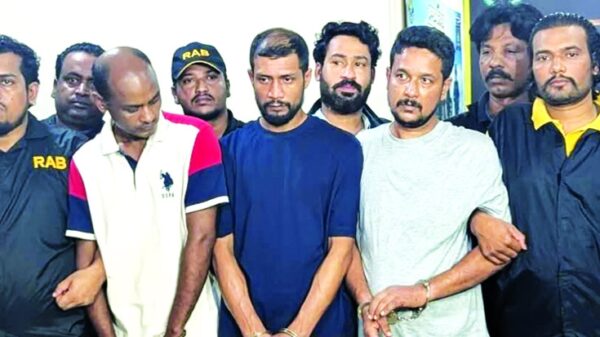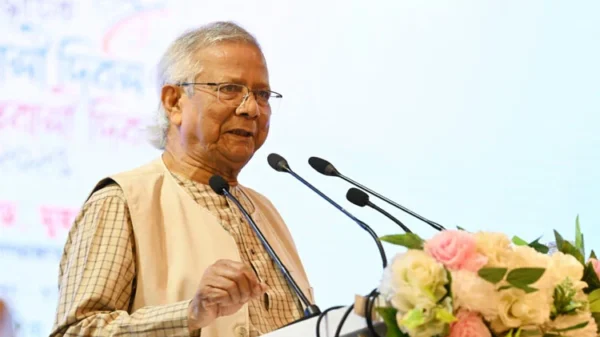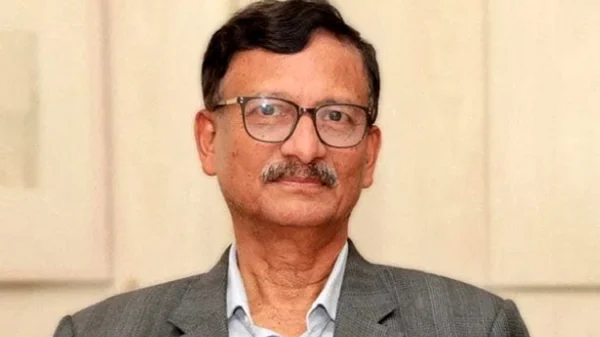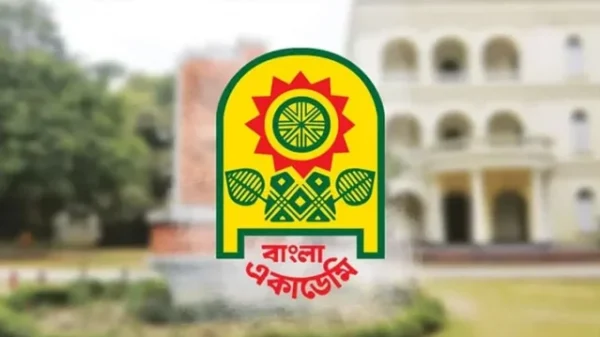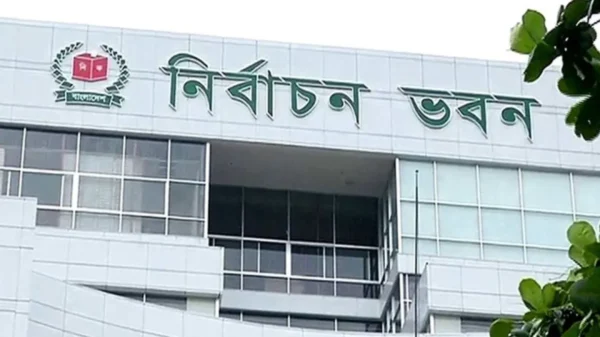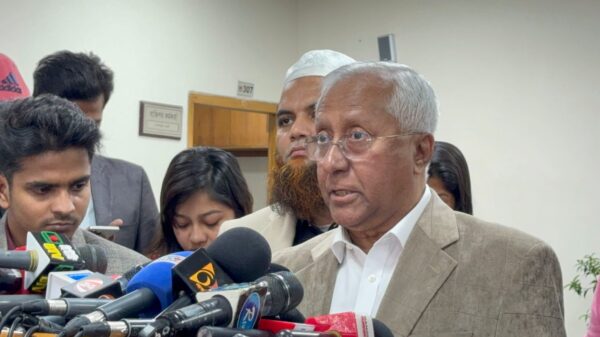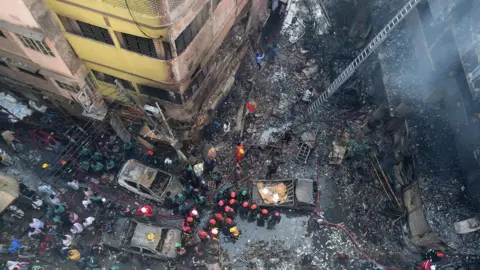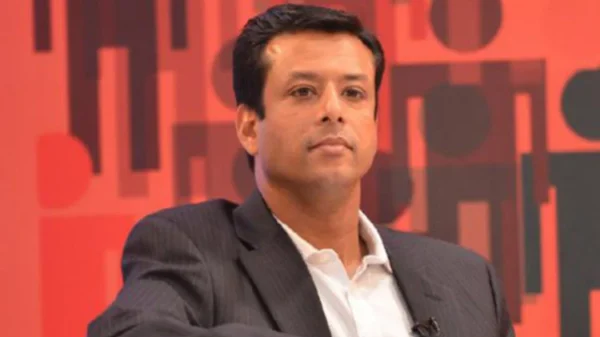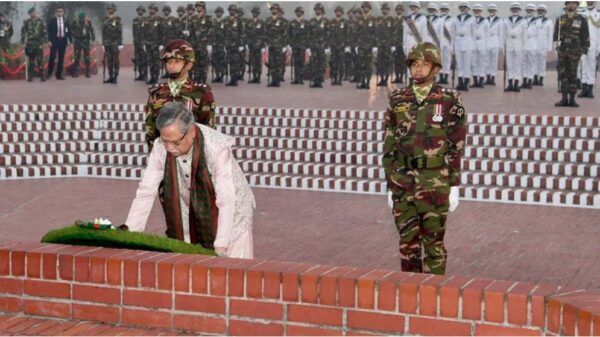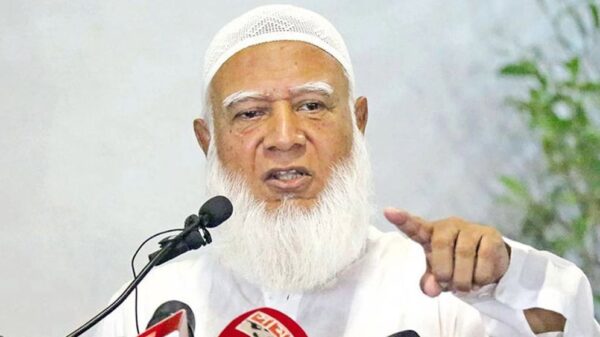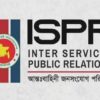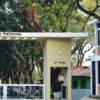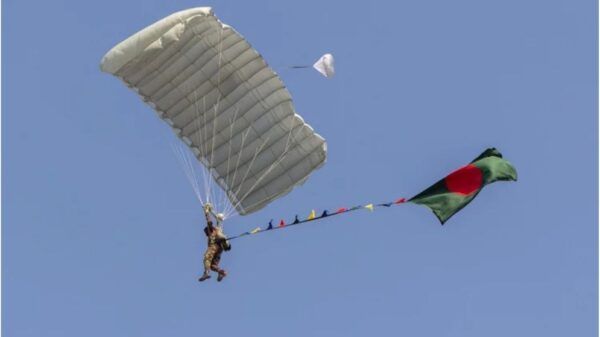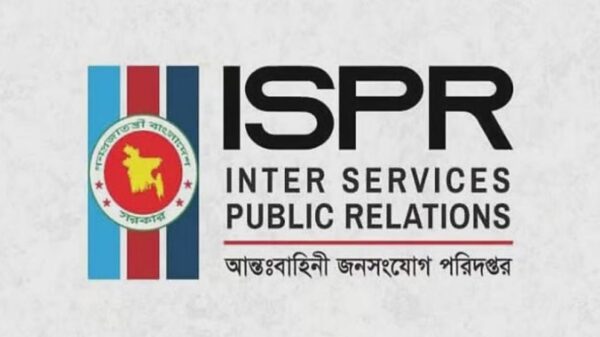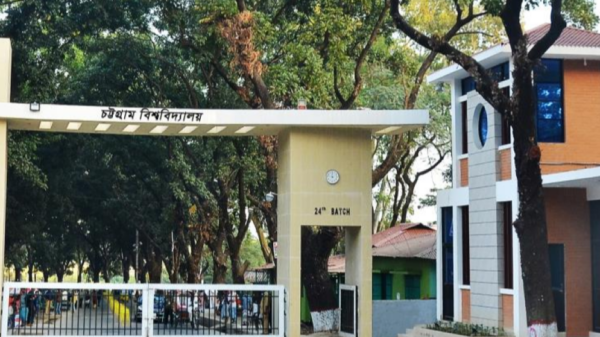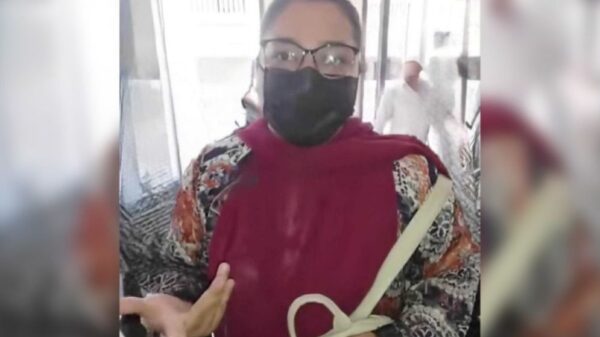Staff Reporter:
Over eight months have passed since the interim government, led by Prof Muhammad Yunus, assumed power amid a crisis following the fall of the fascist Awami League government in the face of a mass uprising in July-August last year.
However, how much progress has the country made in overcoming that crisis over the last eight months? An iron-strong political unity was forged through the 5 August uprising, but how much of that unity has could be preserved? What is the current level of mutual trust, respect, and confidence among political parties? These questions are becoming increasingly apparent. In the country, distrust is growing while the path to solutions is narrowing.
Political analysts believe that over the past eight months, the political, economic and social crises in the country have deepened, currently reaching an alarming level. Distrust among different social classes, professions, and political forces has intensified. Political parties do not trust each other and their mutual hostility is closing the doors to unity. If we analyse the last eight months of governance, we see that the core aspirations of the July Revolution have gradually turned into despair. The key goal of the July Revolution was to establish the rights of the people. People hoped for a Bangladesh free from inequality, a nation of equity where every citizen would have dignity. Everyone would be able to speak for their rights, and no one would be left behind or face discrimination. Most importantly, the people hoped to flourish in a democratic environment.
Since 2014, democracy in Bangladesh has been exiled. People’s democratic rights were gradually stripped away. For over a decade, people could not exercise their voting rights. As a result, a new generation – who led the July Revolution – was thirsty for the right to vote. The people were waiting to reclaim their rights, but over the past eight months, how far have we really advanced on the path to democratic reform remains the biggest question, while the shadow of uncertainty surrounding the elections is expanding further.
It is true that numerous reforms were necessary in the state apparatus, and from the beginning, we observed a general political consensus on what those reforms should be. Upon assuming office, Prof Yunus said, “Bangladesh is like a family. There will be disagreements among brothers, but in the end, we must all work together as members of the same family.”
As a result, small conflicts and tensions are starting to appear. For example, clashes between Anti-discrimination Student Movement and the BNP’s student wing Chhatra Dal took place in several areas. The latest incident at North South University is one where both sides were blaming each other.
Similar tensions between Chhatra Dal and the NCP’s student group are also reported at Dhaka University and Jahangirnagar University.
If these conflicts escalate further, Bangladesh’s political scene may face serious trouble in the near future, fear analysts. Already, Chhatra Dal has held a press conference questioning the funding sources of the NCP and its student organisation. There were also questions regarding the funding sources of Chhatra Shibir? Within the BNP, a perception is growing that there is an effort underway to politically sideline them. The BNP leaders are now openly claiming that certain forces are working to ensure that the BNP never returns to power. While they haven’t specified the names, many think that the newly emerged political force wants to assume power in the upcoming elections. Some believe that this group won’t allow elections to be held until they are fully prepared. Since they led the mass uprising and hold influence among the youth, many treat them with respect. There are also rumors of secret government support for them, which they repeatedly deny. Nonetheless, public mistrust is growing. BNP believes certain factions are working to keep them away from power, and they are preparing a counter-strategy.
Earlier, the BNP declared a one-month deadline, stating clearly that if there is no specific election roadmap after Ramadan, they will be forced to announce various programmes. However, what form these programmes will take remains unclear. Is the BNP in a position to launch a major new movement? After 17 years of bitter experience, they are unlikely to act impulsively or emotionally to provoke conflict. Therefore, while the BNP is demanding elections, they are also showing restraint in criticising other political parties. Still, some BNP leaders believe others are deliberately provoking them. The consequences of this provocation – and its impact on the future of Bangladeshi politics – are yet to be seen.
Meanwhile, uncertainty surrounds the political future of the Awami League. The international community has made repeated calls for inclusive elections. Army Chief Waker-Uz-Zaman, in a speech on BDR Massacre Day, stated that free, fair, and inclusive elections could be held by the end of this year. He mentioned that he had discussed this with the chief adviser. This has sparked debate in the political arena about whether the Awami League will participate in such an inclusive election. The National Citizen Party seems determined to eliminate the Awami League politically. However, in an interview with the BBC, the chief adviser said that no political party can be banned or stripped of its rights, though those who committed crimes must face justice.
In other words, individuals within the Awami League who were involved in the July-August massacres, crimes against humanity, or various forms of corruption will be prosecuted and that process has already begun. Many accused are facing legal proceedings, while others have fled the country. The International Crimes Tribunal has stated that trials will proceed regardless of their location. Thus, the question arises – while individual criminals will be prosecuted, will the Awami League as a political organisation retain its right to participate in elections?
This issue still remains unclear and no one is saying anything definitively. For now, the Awami League has not been banned. While the party has its share of corrupt, violent individuals, it also has innocent grassroots workers against whom no charges exist. They continue to move freely. The question remains: will these individuals be allowed to run for office, or will they be barred as a group?
The biggest question now is –iIf an election is held without the Awami League, how internationally acceptable will it be? The European Union, the UK, and several other countries have called for inclusive elections. Due to students’ strong stance against the Awami League, even discussing the issue has become politically dangerous. However, BNP Secretary General Mirza Fakhrul Islam Alamgir has stated that only the people have the right to ban a political party.
Still, debates rage over who is trying to rehabilitate whom. The National Citizen Party and others claim the BNP wants to quickly hold elections to bring back the Awami League. Meanwhile, Chhatra Dal accuses the NCP of rehabilitating the banned Chhatra League. Who is rehabilitating who is a matter for research – but political distrust is on the rise. Analysts believe the ongoing rift between the BNP and NCP may open a path for the Awami League’s return.
The longer the uncertainty surrounding elections continues, the deeper the political crisis and mutual distrust will grow, which has already become apparent. If this mistrust leads to open conflict, it may create an opportunity for the Awami League. Some believe the party is waiting for just that.
Hence, unity among political parties is essential. A solution must be found soon. There must be a clear answer to the question: when will the election be held? The government must make a definitive announcement. The longer the uncertainty over the election lasts, the more the political environment will be marred by distrust and crisis. If this continues, abnormal political conditions will persist, said experts.
Many are asking whether the 2024 uprising was only about holding new elections, currently making it the one of the most widely discussed issues. While elections were not the July Revolution’s primary goal, the past eight months have shown that the unelected interim government is incapable of realising the revolution’s aspirations. Now, the public is putting pressure on this interim government with various demands.
Many people are thinking that let’s get as much as they can out of them before their term ends. Meanwhile the law and order situation hasn’t improved and market conditions remain unstable. Moreover, there is no investment-friendly environment. Production in factories and industries hasn’t increased. In short, the interim government is facing multifaceted problems, to which no viable solution has been found even after eight months. If this continues, the interim government will face major challenges in the coming days. Therefore, an election is necessary – and the political parties must determine, through dialogue, when and how it will take place. Without a government with specific tenure, instability and chaos will persist, and the dreams of the mass uprising will fade.


